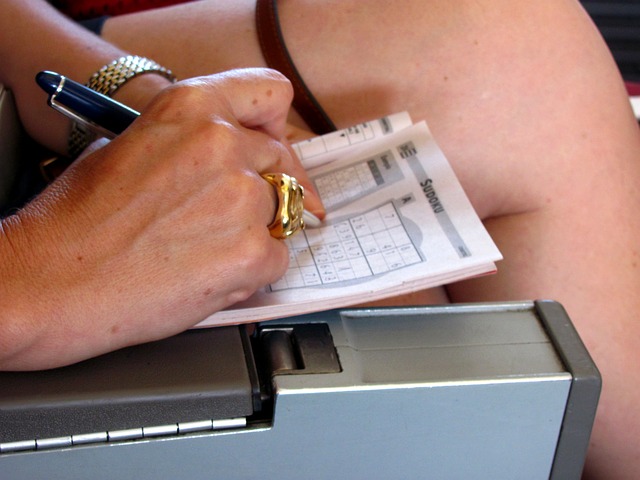People and their screens!
I saw a woman nearly fall going down into the subway. She was walking and reading and not paying attention. Fortunately, someone grabbed her arm before she could miss the step on the escalator.
Smartphones, tablets, e-readers…I don’t much care for the proliferation of screens around us. I text on my phone, but am just as happy to have an actual conversation. I don’t own a tablet. And don’t even get me started on the superiority of actual books over e-books.
Since I work in an office, the thought of burying myself in my phone on the way home—or on the way to work for that matter—holds no appeal. After several hours of staring at a computer screen, I just can’t.
Studies about the effects of screen time on the growing brains of children abound. There’s not a lot out there yet about how all this extra screen time affects adult brains. I dare say, anecdotally of course, that the effect is anti-social behavior and a general lack of attention to the world at large.
Every morning on my way to work, I, like many of my fellow commuters, collect a a daily newspaper from the hawkers standing at the entrance to the train station. Hidden away on the back pages of this tabloid after the stories of war and politics and the occasional spark of joy or scientific intrigue is my daily meditation in the form of a grid nine 9×9 squares.
I speak of the Sudoku puzzle.
After a long work day, these puzzles are a welcome salve during my hour long commute. There’s just something about finding stillness within the puzzles in the midst of an often noisy train and bus ride home. Having to work my mind in a different way refreshes it so that I am able to better meet my home commitments.
Sudoku is a fairly simple proposition. You have a grid made up of nine 9×9 squares. Using the numbers 1-9, each box, column and row should contain no repeats. It has, over the past several years, emerged from relative obscurity created in Manhattan to become one of the most popular puzzles in the world. The meditative quality of the puzzle rests largely with the sense of order innate in the grid that makes up the game board. Completing the puzzle allows the mind to relax.
I freely admit to a certain measure of frustration with Sudoku when I first discovered it, but as I have become increasingly proficient at solving them, I have integrated them into a daily meditation practice. Or, more accurately, the puzzles—along with the occasional Scrabble Gram, a four word version of the classic board game—have insinuated themselves into my practice.
I am hyper aware of the sound the pencil makes as I scratch each number into its square. Some days the puzzles are a breeze. This forces me to pay more attention as these are often the ones that are easily messed up by careless errors in placement. As the week goes on, the degree of difficulty increases. This brings me deeper into the 9x9x9 grid as the subway moves along from station to station and as the bus maneuvers through traffic.
I have found lately that there is little difference between my daily prayers and my daily meditation. I ask nothing from either practice but a measure of peace for my heart and mind, so they are all at once different and yet the same. Imagine how delighted I am to be able to meld the two things that have the amazing ability to calm my monkey mind!
The essence of Zazen is to “not think.” Sudoku provides a way to organize this not thinking by its ability to provide a respite from the constant motion of everyday life.
Looking for a transition from your work day? I recommend turning off the screen of choice and engaging in a Zen meditation session with a pencil and a simple little puzzle to guide you.
Relephant Read:
Phone Calls & Text Messages—Why I Hate Answering Them.
~
Author: Lois Person
Editor: Travis May
Photo: Pixabay












Read 0 comments and reply